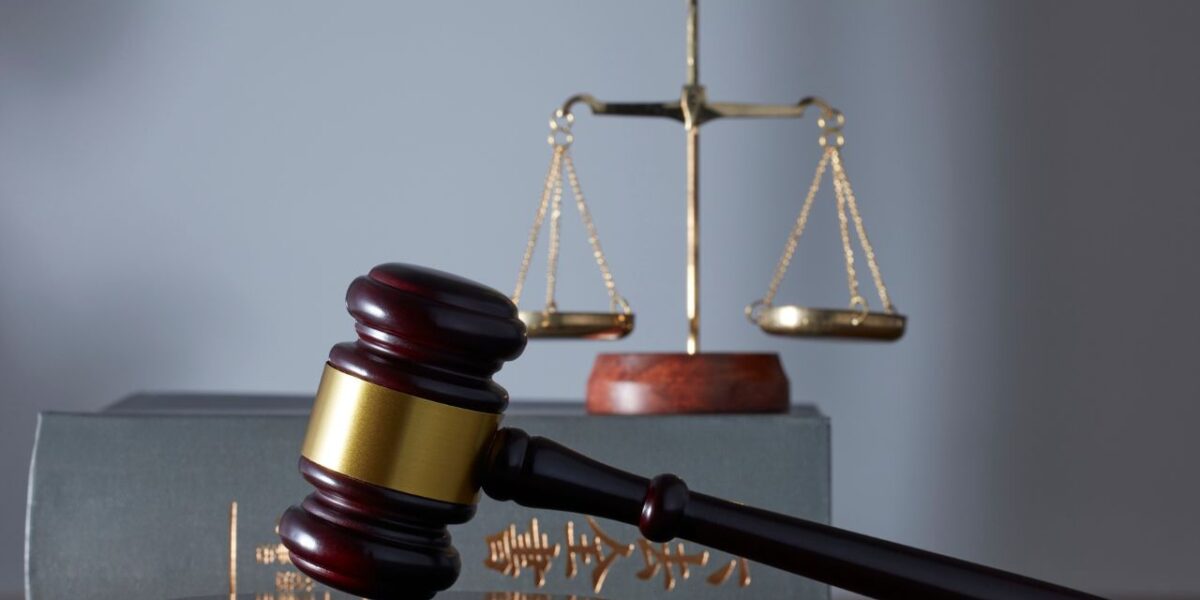Arbitration has become one of the most popular mechanisms for resolving disputes outside of traditional courtrooms. It offers confidentiality, flexibility, and efficiency while still producing binding decisions. Yet, arbitration proceedings often involve technical or highly specialized issues that go beyond the legal expertise of arbitrators. This is where court experts (often called “expert witnesses” or “independent experts”) play a vital role. Their services ensure that arbitration panels have the necessary professional insights to evaluate complex facts and render fair awards.
Why Experts Are Needed in Arbitration
Unlike litigation, arbitration is designed to be less formal, but the complexity of disputes—particularly in construction, finance, energy, intellectual property, and international commerce—requires specialized input. Arbitrators are usually legal professionals, not engineers, accountants, or medical practitioners. Experts fill this gap by:
- Clarifying Technical Evidence – Explaining engineering failures, financial irregularities, or scientific data.
- Providing Neutral Opinions – Offering impartial assessments of contested issues.
- Assisting Arbitrators – Helping arbitrators interpret evidence that lies outside traditional legal knowledge.
- Reducing Misunderstandings – Ensuring that highly technical evidence is translated into clear, understandable findings.
Types of Experts in Arbitration
- Engineering and Construction Experts
- Common in disputes over defective work, delays, and contractual breaches.
- Provide detailed reports on structural integrity, cost overruns, and compliance with standards.
- Financial and Accounting Experts
- Handle valuation disputes, shareholder disagreements, and damages assessments.
- Quantify economic loss, calculate interest, and analyze financial statements.
- Medical and Scientific Experts
- Needed in health-related disputes, pharmaceutical claims, or environmental arbitration.
- Assess medical conditions, product safety, or scientific test results.
- Digital and IT Experts
- Increasingly important in cases involving intellectual property, cybersecurity, or data breaches.
- Provide forensic analysis of digital records, software, and algorithms.
- Industry-Specific Experts
- Maritime experts in shipping disputes.
- Energy specialists in oil, gas, and renewable energy arbitrations.
- Intellectual property experts in patent and copyright claims.
Appointment of Experts in Arbitration
There are two common models for involving experts in arbitration:
- Party-Appointed Experts
- Each party hires its own expert to support its case.
- Advantage: parties feel represented and supported by technical professionals.
- Challenge: reports may conflict, leading to lengthy debates.
- Tribunal-Appointed Experts
- The arbitral tribunal appoints an independent expert to provide a neutral opinion.
- Advantage: impartial and balanced.
- Challenge: parties may have less control over the process.
In some arbitrations, both models coexist, with tribunal-appointed experts reviewing or reconciling party-appointed reports.
Expert Reports and Testimony
Experts in arbitration typically produce written reports containing:
- Background and qualifications.
- Methodology used in their analysis.
- Findings and professional opinions.
- Supporting evidence and documentation.
During hearings, experts may be cross-examined by opposing counsel. Some arbitrations use the “hot-tubbing” method, where both experts testify together, answering questions side by side. This process allows arbitrators to compare views directly and resolve conflicts more efficiently.
Challenges with Expert Evidence in Arbitration
While experts add immense value, their involvement also raises challenges:
- Bias Concerns – Party-appointed experts may appear to advocate for their client’s position.
- Conflicting Reports – Different methodologies can produce contradictory conclusions.
- Cost and Time – Expert services are expensive, which may burden smaller claims.
- Over-Technicality – Arbitrations risk becoming as complex as litigation if too much technical evidence is introduced.
- Quality Variations – Not all experts have the communication skills to make their opinions clear to arbitrators.
The Benefits of Expert Testimony in Arbitration
Despite challenges, experts significantly enhance arbitration by:
- Improving Decision Accuracy – Arbitrators base awards on well-grounded professional input.
- Enhancing Efficiency – Clear expert analysis may reduce lengthy arguments between parties.
- Building Trust – Parties are more likely to accept arbitral awards backed by strong expert opinions.
- Promoting Fairness – Neutral experts ensure that neither party gains unfair advantage from misinformation.
The Future of Experts in Arbitration
The role of court experts in arbitration is evolving alongside global trends:
- Virtual Hearings – Experts increasingly provide remote testimony via secure digital platforms.
- Artificial Intelligence – AI tools assist experts in data analysis, fraud detection, and predictive modeling.
- Cross-Border Expertise – International disputes require experts with global recognition and multi-jurisdictional knowledge.
- Sustainability and ESG Disputes – Environmental, social, and governance cases demand expertise in emerging industries.
Court experts are indispensable in arbitration. They help arbitrators navigate technical complexity, ensure fair outcomes, and enhance the credibility of awards. Whether in construction, finance, digital forensics, or medicine, their testimony bridges the gap between law and specialized knowledge.
In the future, as arbitration grows more global and technologically driven, expert services will become even more central. By maintaining independence, clarity, and professionalism, court experts will continue to safeguard justice in arbitration proceedings.

